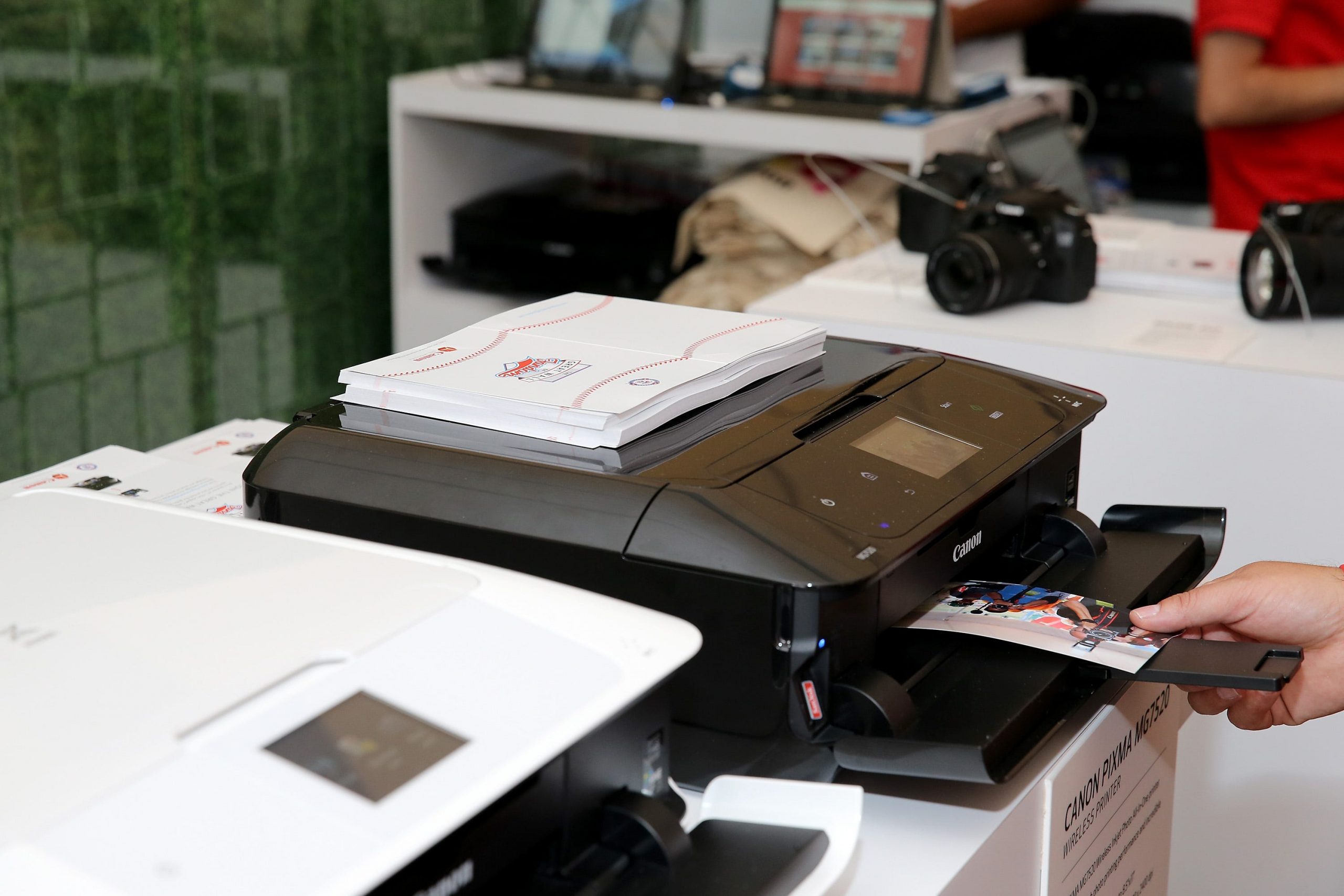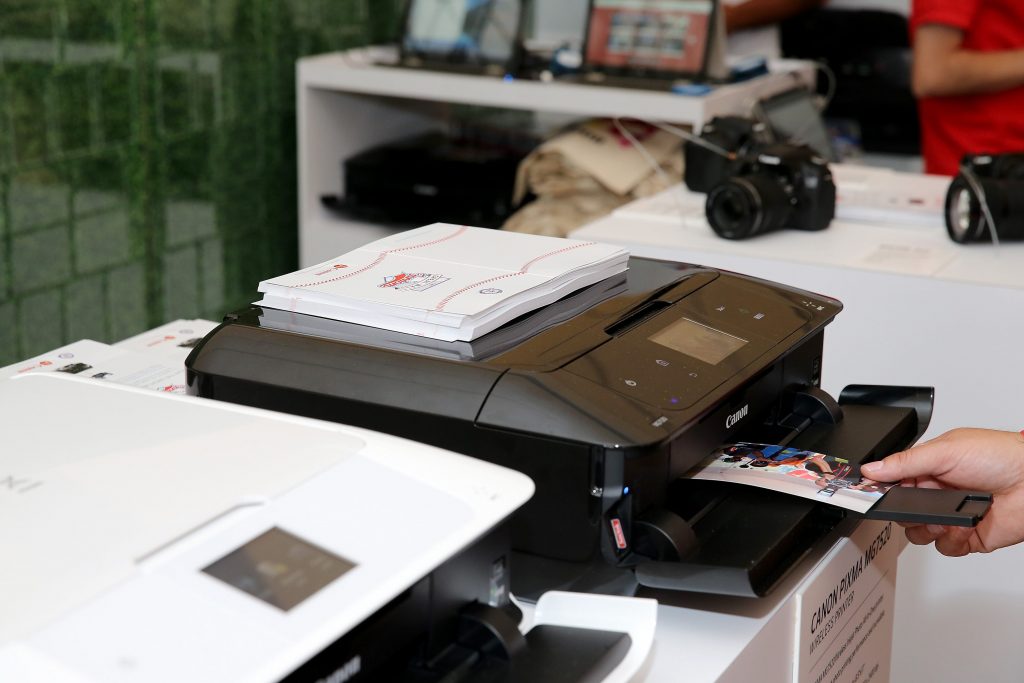
Neilson Barnard/Getty Images
- A man in New York sued Canon, saying the firm's All-in-One printers won't scan without printer ink.
- David Leacraft filed a class-action complaint in federal court on Tuesday.
- Canon's "claims are false, misleading, and reasonably likely to deceive the public," he said.
A Queens man filed a class-action lawsuit against Canon, saying some of the electronics giant's All-in-One printers won't scan documents unless they have ink cartridges installed.
"In truth, the All-in-One Printers do not scan or fax documents when the devices have low or empty ink cartridges," said David Leacraft, the plaintiff, in a complaint filed Tuesday in US District Court in the Eastern District of New York.
"Canon's advertising claims are false, misleading, and reasonably likely to deceive the public," Leacraft added.
He purchased a "so-called all-in-one device," a Canon PIXMA MG2522, from Walmart in March 2021, he said in his complaint, which was first reported by Actionable Intelligence, a research firm.
"Plaintiff Leacraft would not have purchased the device or would not have paid as much for it had he known that he would have to maintain ink in the device in order to scan documents," the complaint said.
Canon didn't immediately respond to a request for comment.
The lawsuit said it expected the full list of plaintiffs to be more than 100 consumers. They'd seek more than $5 million in total damages and costs, it said.
Leacraft's complaint collected similar gripes against the company from online forums, including Canon's community forum. Since at least 2015, customers have been posting about not being able to use their scanners when their ink is low, the complaint said.
In one response, a Canon representative said "there is no workaround for this," according to the complaint.
The lawsuit accused Canon of breach of express warranty, unjust enrichment, and several New York laws. Leacraft is represented by Mark S. Reich and Courtney E. Maccarone, attorneys with Levi & Korsinsky LLP.
